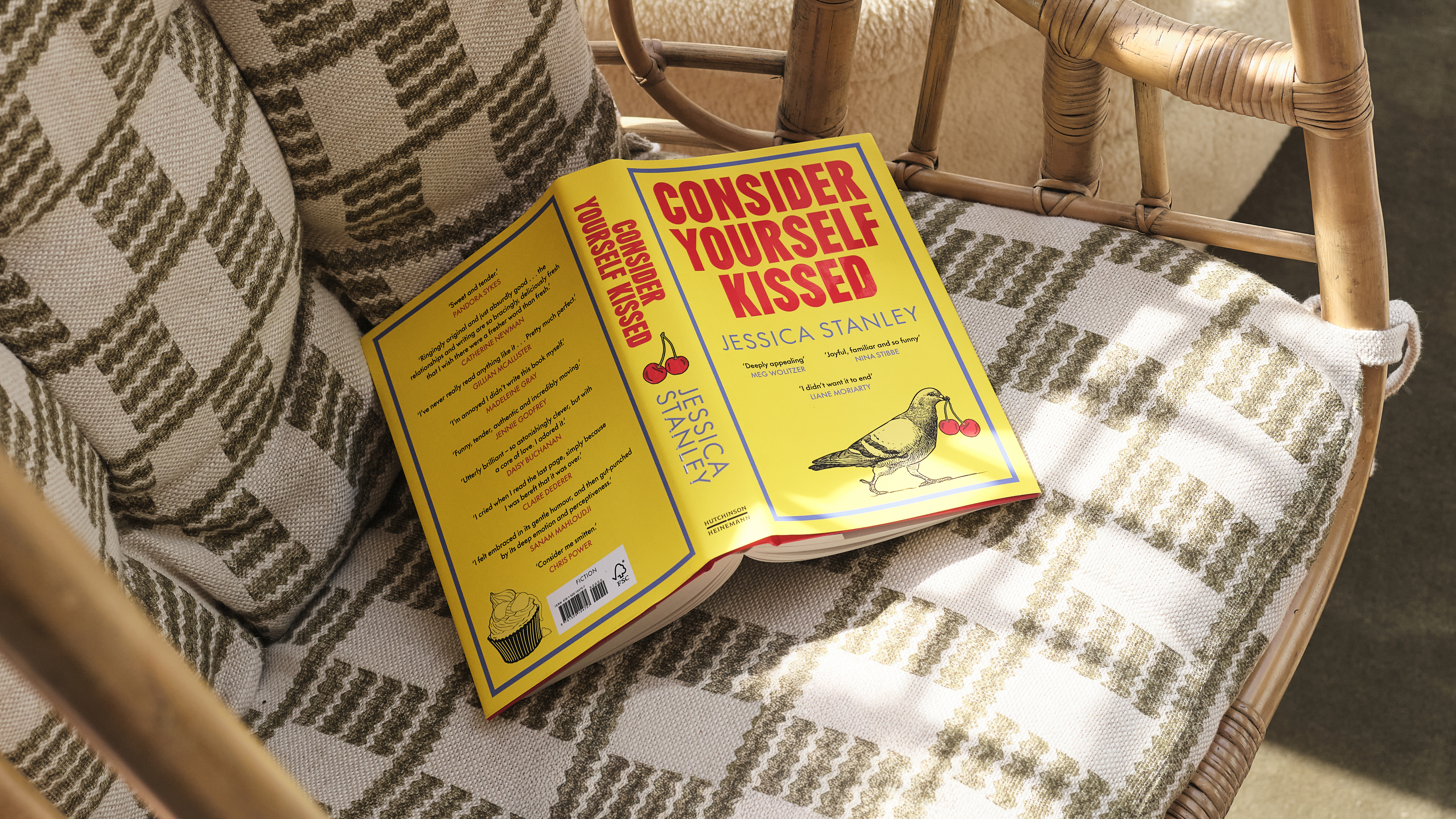The Paris Dancer

As seen:
By Nicola Rayner
avg rating
1 review
A heart-wrenching and unforgettable story of courage, friendship and resistance, based on the incredible true story of ballroom dancer Florence Waren (1917 – 2012), perfect for fans of The Paris Library.
In 1938, Sadie Rigal leaves South Africa with dreams of becoming a ballerina. But when war breaks out, Paris is no longer safe for dancers of Jewish heritage. Assuming a new identity as Florence Waren, Sadie captivates audiences across occupied Europe, concealing a covert mission supporting the Resistance.
Fast forward to 2012, where Miriam’s quest to settle her great-aunt Esther’s affairs in New York unveils a heart-wrenching secret narrative. As grief intertwines with curiosity, Miriam unravels Esther’s hidden past, discovering a world where passion, sacrifice, and the indomitable spirit of resistance converge. All the while, Miriam struggles to confront her own traumatic past.
TweetReviews
Esther was born just prior to WW2 and grew up in a Jewish family who had fled to Austria from Poland. Here she meets Annie, a Jewish dancer who works in the same theatre as Esther’s family. In 2012 Esther dies in New York and leaves all her paperwork, diaries and memoirs to her favourite granddaughter Mim, who lives in the UK but travels to New York to collect her legacy and unravel her grandmother’s secret life during the war years.
There are two storylines to follow in the book: Mim’s New York journey which turns into a personal voyage of discovery and her grandmother’s narrative from 70 years before, much of which had hitherto been shrouded in mystery. It is a slow-burner rather than a thrill a minute but the story is interesting enough.
On the downside I found it a little dull in places and was not captivated by the narrative. In part this was because I didn’t find that I could relate to any of the characters, often a sign that they are not as well developed or plausible as they might have been. It always helps in a novel to champion the cause of at least one of the main protagonists and if this does not come about naturally I am likely to be less invested in the storyline and care less about the outcome – that was true in this case. I found Mim particularly difficult because she was constantly wallowing in misery, guilt and self-pity. Without any reprieve this can be wearing and exasperating for a reader and a bit of levity wouldn’t have gone amiss.
Overall I would say that it was good, but not great. If you are looking for a gripping page-turner you probably need to look elsewhere.






